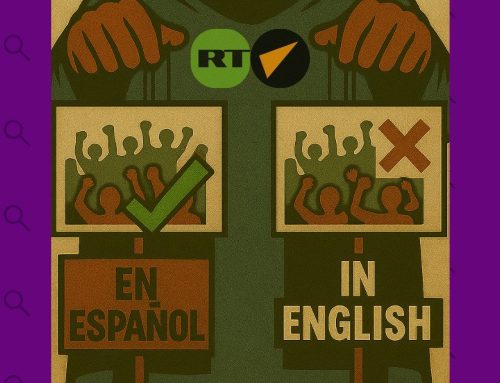David Levine is the Elections Integrity Fellow at the Alliance for Securing Democracy, a nonpartisan initiative housed at the German Marshall Fund of the United States. He previously served in a range of positions administering elections. As the Ada County, Idaho, Elections Director, the Washington, D.C., Election Management Advisor, and Richmond, Va., Deputy Director of Elections, he has helped manage the administration of federal, state county and local elections. Follow him on Twitter @davidalanlevine.
Daniel Hegedus is nonresident fellow for Central Europe at the German Marshall Fund. He previously worked at Freedom House, the German Council on Foreign Relations and the German Institute for International and Security Affairs, and has taught at the Institute for Eastern-European Studies at the Free University in Berlin, Humboldt University in Berlin and the Eotvos Lorand University in Budapest. Follow him on Twitter @DanielHegedus82.




